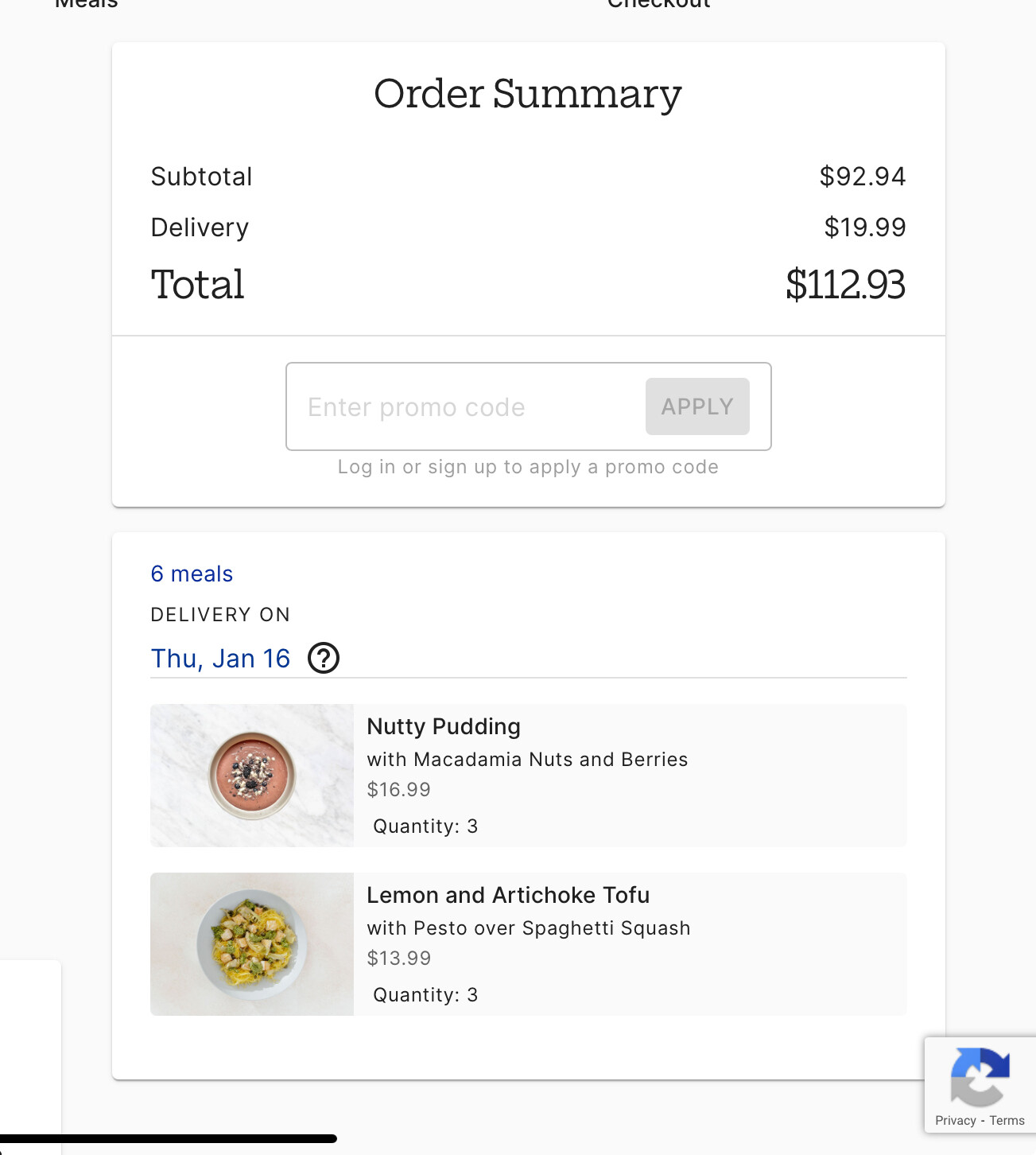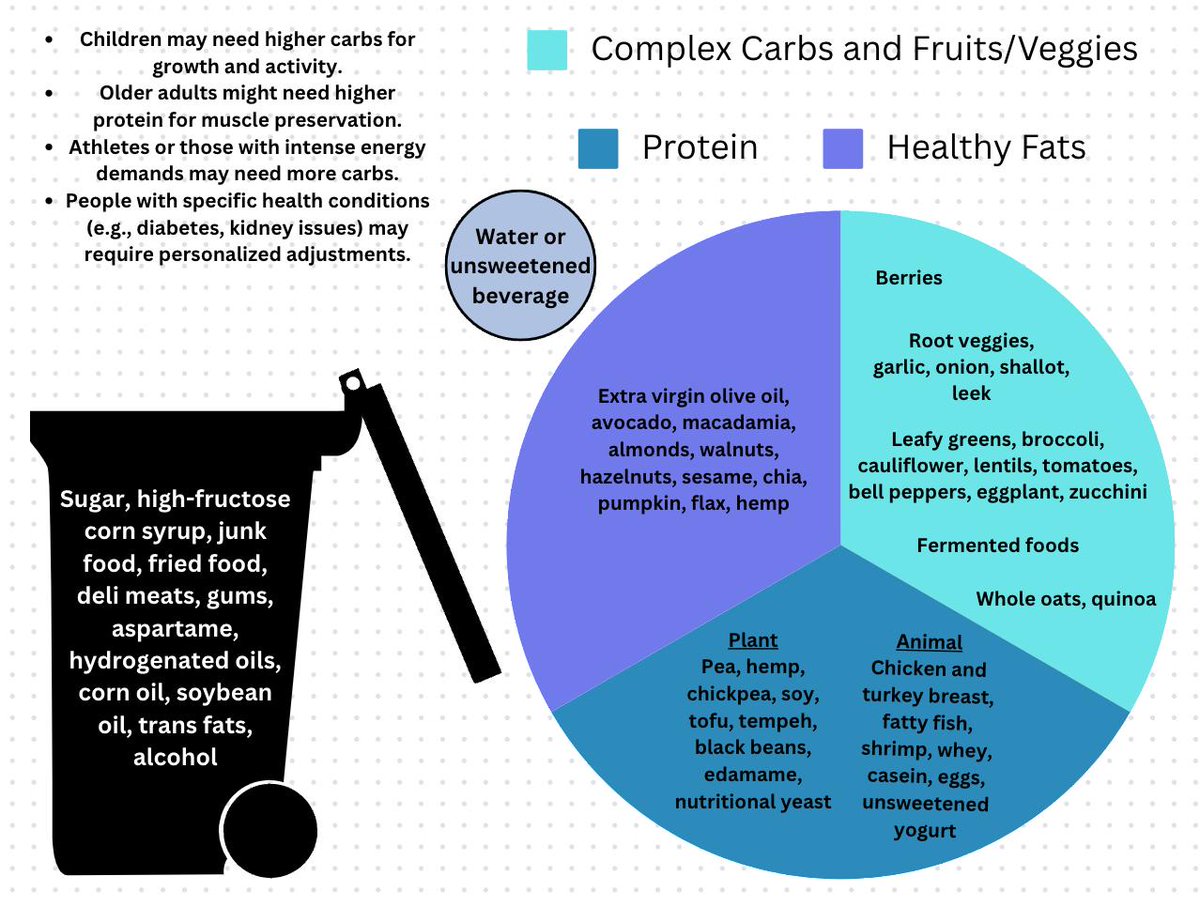Michael Gregor’s Nutritionfacts.org has an excellent article on protein minimums and recommendations, as well as discussions on plant based diet protein diets.
Here’s his video with charts and such, transcript below:
TRANSCRIPT
There has been a history of enthusiasm for protein in the nutrition world. A century ago, the protein recommendations were more than twice what we know them to be today. This enthusiasm peaked in the 1950s, with the United Nations identifying protein deficiency as a serious widespread global problem. There was a protein gap that needed to be filled. This was certainly convenient for the U.S. dairy industry, which could dump its postwar surplus of dried milk onto the third world, rather than having to just bury it. But this led to the great protein fiasco. There was a disease of malnutrition, called kwashiorkor, that was assumed to be caused by protein deficiency—famously discovered by Dr. Cicely Williams, who spent the latter part of her life debunking the very condition that she first described.
Turns out there’s no real evidence of dietary protein deficiency. The actual cause remains obscure, but fecal transplant studies suggest changes in gut flora may be a causal factor. How could the field of nutrition get it so spectacularly wrong? A famous editorial about the profession started with these words: “The dispassionate objectivity of scientists is a myth. No scientist is simply involved in the single-minded pursuit of truth, he or she is also engaged in the passionate pursuit of research grants and professional success. Nutritionists may wish to attack malnutrition, but they also wish to earn their living in ways they find congenial.” This inevitably encourages researchers to “make a case” for the importance of their own portion of the field, and “their nutrient,” which was protein.
Science eventually prevailed, though, and there was massive recalculation of human protein requirements in the 1970s, which “at the stroke of a pen” closed the “protein gap,” and destroyed the theory of the pandemic of “protein malnutrition.” Infant protein requirements went from a recommended 13% of daily calories, to 10%, 7%, then 5%. However, to this day, there are still those obsessing about protein. Those promoting Paleolithic diets, for example, try to make the case for protein from an evolutionary perspective.
Okay, so what is the perfect food for human beings, the food that was fine-tuned just for us over millions of years to have the perfect amount of protein? Human breast milk. If high-quality protein was the “nutrient among nutrients,” helping us build our big brains over the last few million years, one would expect that importance to be resoundingly reflected in the composition of human breast milk—especially since infancy is the time of our most rapid growth.
But this is patently not the case. Human breast milk is one the lowest-protein milks in the mammalian world. In fact, it may have the lowest protein concentration of any animal in the world—less than 1% protein by weight. This is one of the reasons why feeding straight cow’s milk to babies can be so dangerous. The protein content in human milk is described as extremely low, but it’s not low—it’s right exactly where it needs to be. That’s the natural, normal level for the human species.
Adults require no more than 0.8 or 0.9 grams of protein per healthy kilogram of body weight per day. So, that’s like your ideal weight in pounds, multiplied by four, and then divided by ten. So, someone whose ideal weight is 100 pounds may require up to 40 grams of protein a day. On average, they probably only need about 30 grams a day, which is .66 grams per kilogram. But we say 0.8 or 0.9 because everyone’s different, and we want to capture most of the bell curve.
People are more likely to suffer from protein excess than protein deficiency. The adverse effects associated with long-term high protein diets may include disorders of bone and calcium balance, disorders of kidney function, increased cancer risk, disorders of the liver, and worsening of coronary artery disease. Therefore, there is currently no reasonable scientific basis to recommend protein consumption above the current recommended daily allowance, due to its potential disease risks.
Mindpump also has a good podcast on it::
Their takeaway is that muscle building athletes “do need a diet high in protein however you DO NOT need to eat the crazy amounts that the muscle building magazines recommend. Aim for .6 to .8 grams per pound of bodyweight for maximum muscle adaptation and health.” The average health conscious person probably needs less.
My conclusion is that anything >50g/day is good >80g/day is probably better. 1g/pound is unnecessary and your body adapts to getting excess so actually ends up “needing” more unless you return to normal intake fora reasonable period (couple months). People get away with much less and adapt too:




